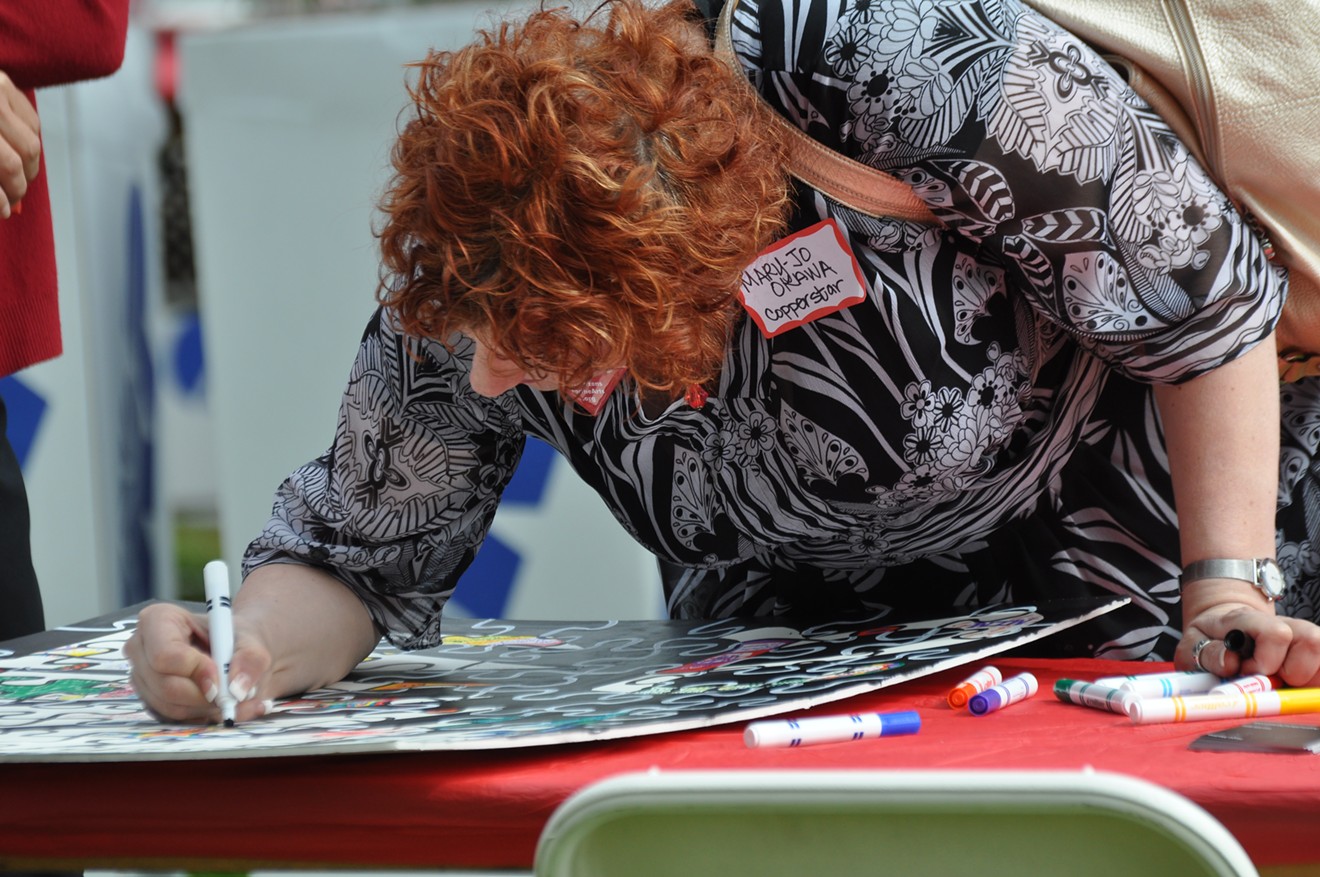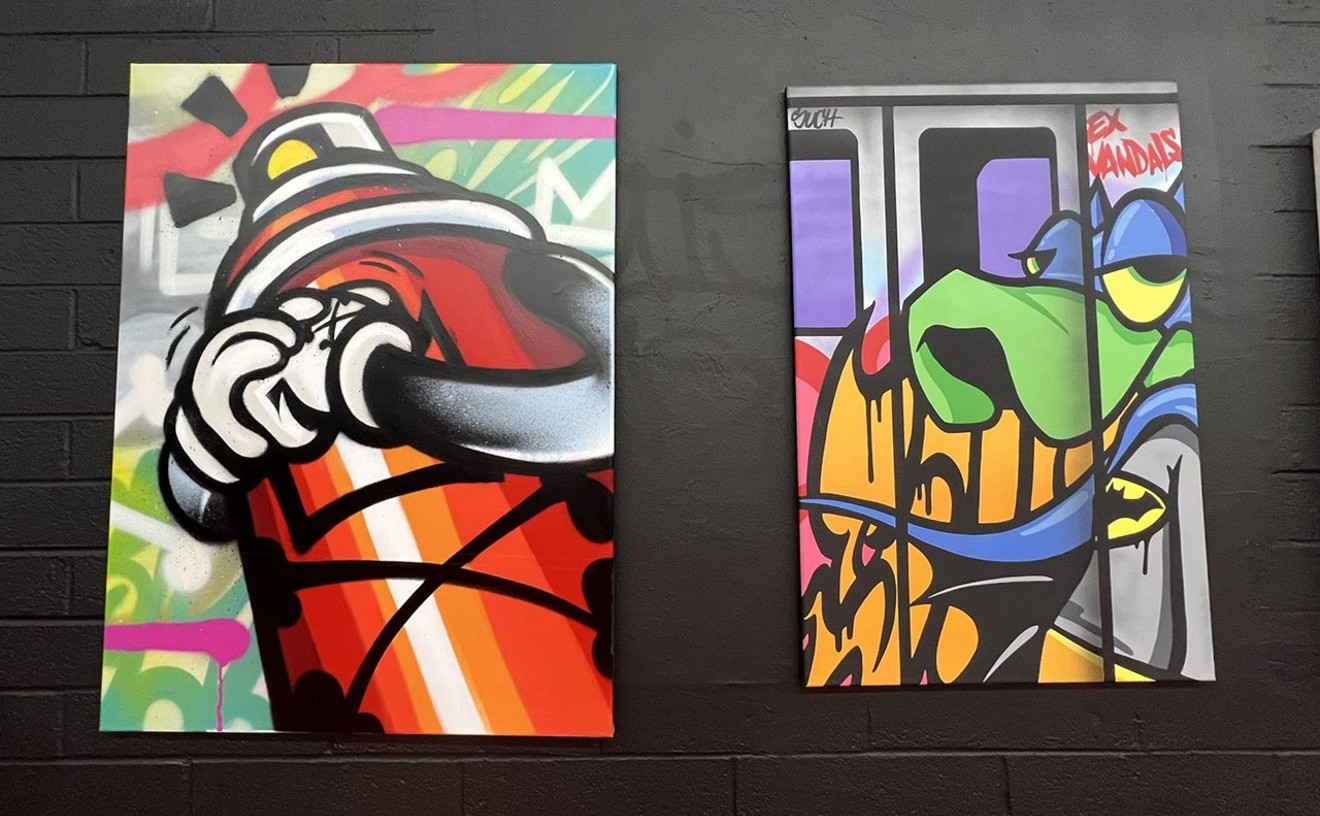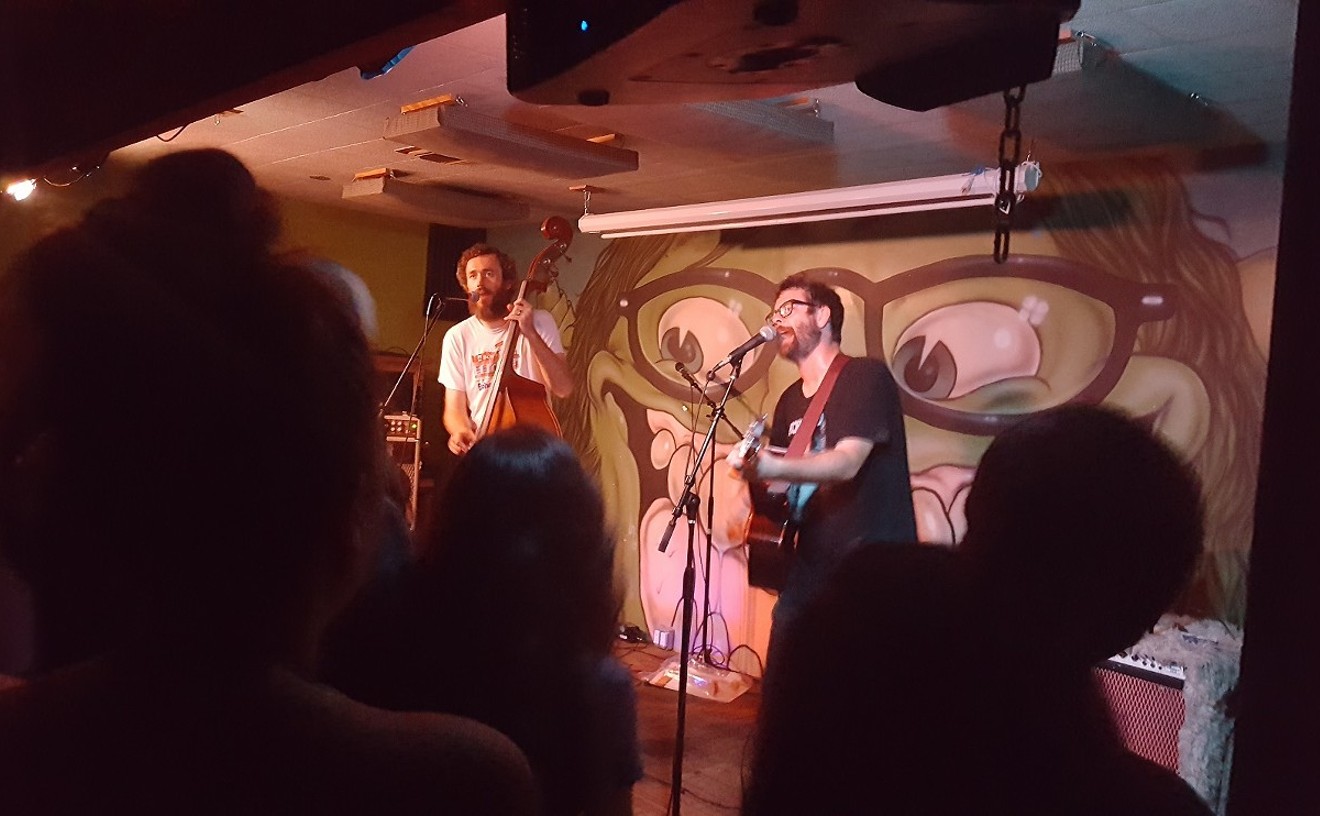Hundreds of art advocates will converge on the Arizona State Capitol this month, eager to influence arts policy as budget discussions get underway. The Arts Congress happens from 8:30 a.m. to 2 p.m. on Tuesday, January 22. It’s a chance for people to show their support for arts and culture, and learn important arts advocacy skills.
“There’s an incredible benefit to everyone coming together that day,” says Catherine “Rusty” Foley. She’s the executive director for Arizona Citizens for the Arts, which holds the Arts Congress each year. The nonprofit engages policy-makers, along with business and community leaders, to create and support quality of life through arts and culture.
The event is well-timed, given that budget discussions for fiscal year 2019 will kick off this month. The next fiscal year will run from July 1, 2019, to June 30, 2020. Each year, the Arizona governor releases a proposed budget, and the state’s legislature does the same. What get passed and signed into law come springtime will depend on how negotiations unfold in coming months.
Arizona Commission on the Arts is a key player when it comes to arts funding. That’s the state agency charged with making art accessible to everyone in Arizona through a variety of programs, initiatives, and grants. It’s one of over 50 affiliates for the National Endowment for the Arts, which provides about $800,000 in agency funding each year.
State agencies, including the arts commission, make formal requests for specific dollar amounts before budget negotiations get underway each year. Last year, they requested $2 million and got it. But there was plenty of drama along the way, as policy-makers looked for ways to increase education funding by cutting other areas.
The commission increased its ask for fiscal year 2019, requesting $2.3 million. That’s because another funding stream called the Arts Trust Fund experienced a glitch last year, which meant less money for the commission, Foley says. What happens moving forward will depend in part on how well art advocates make their case.
Hence, the Arts Congress, which includes several workshops on arts advocacy. “We always do basic advocacy 101 for those who aren’t familiar with what arts advocacy is or how to do it,” Foley says. Other workshops will feature tools that help make the case for arts and culture, including the economic impact of arts and culture on Arizona communities.
During lunch, fellow advocates share ideas and strategies. Sometimes legislators join the group for lunch, giving arts supporters a chance to share their personal stories about how the arts have impacted their lives. The day also includes training on how to communicate with legislators, and the chance for interested advocates to meet with legislators in their offices.
Foley says she’s optimistic about the year ahead, considering the number of new legislators and changes in legislative leadership. That means fresh opportunities for community members and arts leaders to connect with their representatives. “We want people to get to know their representatives, and pursue the issues they care about through phone calls and emails,” Foley says. “Advocacy really is about relationship-building.” Another pro tip: Invite legislators to attend your exhibits or performances.
It might sound intimidating, but that’s where the Arts Congress comes in. “It’s great to gather with people who feel the same way about an issue, and celebrate the ways we can work together to make a positive impact.”
Arts Congress. Tuesday, January 22, at the Arizona State Capitol. Registration is $30/person (or free for ages 13 to 21), and closes on Tuesday, January 15. azcitizensforthearts.org.
[
{
"name": "Air - MediumRectangle - Inline Content - Mobile Display Size",
"component": "18478561",
"insertPoint": "2",
"requiredCountToDisplay": "2"
},{
"name": "Editor Picks",
"component": "16759093",
"insertPoint": "4",
"requiredCountToDisplay": "1"
},{
"name": "Inline Links",
"component": "17980324",
"insertPoint": "8th",
"startingPoint": 8,
"requiredCountToDisplay": "7",
"maxInsertions": 25
},{
"name": "Air - MediumRectangle - Combo - Inline Content",
"component": "16759092",
"insertPoint": "8th",
"startingPoint": 8,
"requiredCountToDisplay": "7",
"maxInsertions": 25
},{
"name": "Inline Links",
"component": "17980324",
"insertPoint": "8th",
"startingPoint": 12,
"requiredCountToDisplay": "11",
"maxInsertions": 24
},{
"name": "Air - Leaderboard Tower - Combo - Inline Content",
"component": "16759094",
"insertPoint": "8th",
"startingPoint": 12,
"requiredCountToDisplay": "11",
"maxInsertions": 24
}
]













